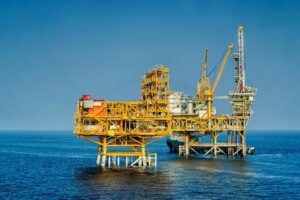
By:Staff Writer
Namibia has leapt to the forefront of exploration thinking with the Venus and Graff discoveries last year, but there are opportunities beyond TotalEnergies and Shell.
The two major finds were announced in the southern Orange basin, which is shared with South Africa. Namibia also has the Namibe, Luderitz and Walvis basins offshore, while the onshore is largely unexplored.
The Venus and Graff discoveries are a “big positive” for Namibia, founder and managing director of SNC Incorporated ShakwaNyambe said. “It is going to spark a lot interest in the upstream and I expert M&A as bigger companies come in to acquire assets from junior oil companies,” the lawyer said.
Last year saw a couple of large oil discoveries includes the Venus and Graff findsin the Orange basin offshore southern Namibia.
Besides Venus, other exploration frontiers set to steal the show in 2023 are the Zhenis in Kazakhstan, the Walker which is the oil untapped oil bounty of the Guyana-Suriname basin, as well as the Cape Freels exploration well in Canada and the Argerich exploration well in Argentina.
The first ever deep-water wildcat drilled in Namibia’s offshore waters produced the largest oil discovery of 2022, with Venus establishing itself as a major find comparable to ExxonMobil’s 2015 Liza discovery, the first significant oil find offshore Guyana.
Experts also reckon that TotalEnergies’ Venus discovery could be the world’s largest deep-water field, with the potential to far surpass Buzios offshore Brazil where recoverable reserves stand at 11.3 billion barrels of oil equivalent.
Upstream broke the news about the Venus discovery on 23 February, with UK-based consultancy Wood Mackenzie later estimating its recoverable oil reserves to be at least 3 billion barrels of oil equivalent (boe), with unknown volumes of gas.
Followed through with Shell’s Graff discovery in an exploration well drilled simultaneously to Venus, the next step will see other producers joining the hype and spudding their wells in other license blocks.
Buoyed by the likes of Venus, exploration activities are poised to bring new surprises in 2023 and the top five exploration prospects in Namibia, Argentine, Canada, Kazakhstan and Suriname most likely to shake up the market.
According to UK-based consultancy Wood Mackenzie, Russia’s invasion of Ukraine and a near doubling of commodity prices have thrown energy security into the spotlight.
“Exploration still had a role to play before the supply crisis unfolded. But there are now strong fundamentals to support more exploration to help reduce import reliance on Russia,” Wood Mackenzie reckons.
A French firm specialising in African upstream operations Maurel& Prom might be opening up another frontier in Namibia, spudding the Aurora wildcat this year – further out in the sea, some 190 km from Walvis Bay, and in relatively shallower waters (1250 m).
Maurel& Prom Namibia (Pty) Ltd and partners intend to drill up to five offshore wells in its Petroleum Exploration License (PEL) No. 44 covering Block 2212B. PEL No. 44 has a total area of 5,122 km2 and is situated in the central Walvis basin.
The company has another exploration licence: PEL-45 covering a total area of 17 133 sq km.
Maurel& Prom Group through its wholly owned subsidiary of M & P Namibia (Pty) Ltd, holds 85% operatorship interest in PEL No. 44 and the other partners are the State-owned National Petroleum Corporation of Namibia (8%), local Namibian empowerment companies participating in PEL No. 44 covering Block 2212B,Livingstone Mining Resource Development (4%) and Frontier Mineral Resources (3%).
Despite the differences, geologically Aurora should be similar to Venus, considering it is located in the license block just above TotalEnergies’ 2913B block, so in case the exploration well does hit commercial volumes of oil, it is going to be big, according to experts.
The French company has selected Q4 2023 as the preferred point in time to drill the well. It is anticipated that the necessary regulatory consents and approvals will have been obtained by that time. Consideration was also given to the existence and habits of marine mammals in the well location, but it has been established that there is no time during the year when it is necessary to avoid undertaking the drilling operations in the area.
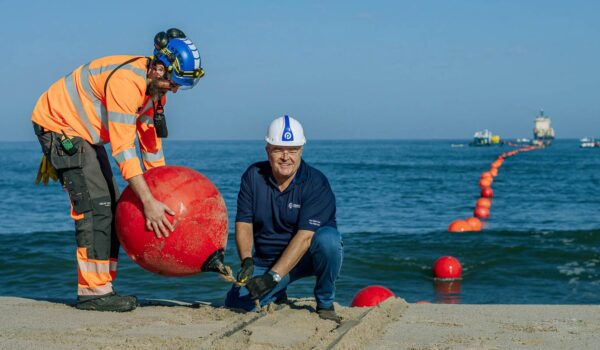



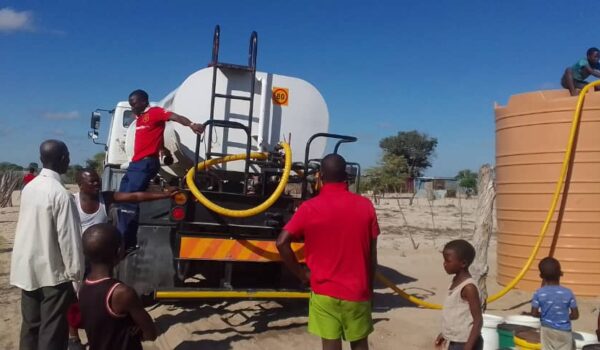
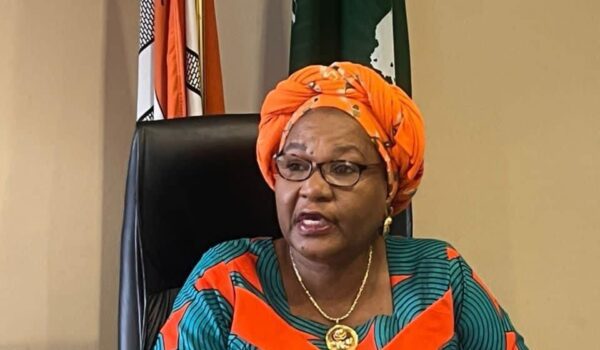

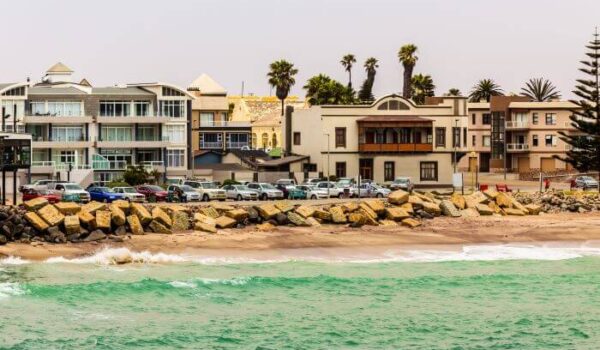

Comments